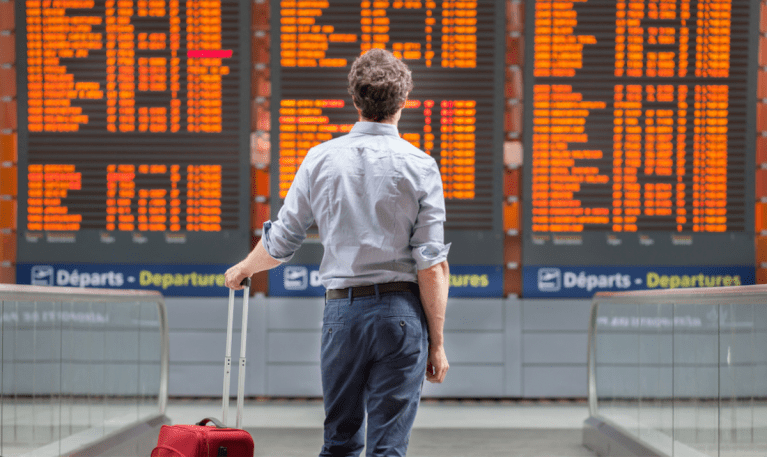This rule, announced Wednesday (April 24) is designed to make it easier for passengers to get refunds if a flight is canceled or “significantly” changed. It also requires refunds for travelers whose checked bags are “significantly” delayed or who did not get extra services as purchased.
“Passengers deserve to get their money back when an airline owes them – without headaches or haggling,” Transportation Secretary Pete Buttigieg said in a news release. “Our new rule sets a new standard to require airlines to promptly provide cash refunds to their passengers.”
According to the Department of Transportation (DOT), the rule “creates certainty” for consumers by defining the specific circumstances in which airlines must issue refunds.
Until now, the DOT said, airlines could send their own standards for the types of flight changes requiring a refund, which meant that refund policies varied by air carrier.
“DOT also received complaints of some airlines revising and applying less consumer-friendly refund policies during spikes in flight cancellations and changes,” the release added.
Advertisement: Scroll to Continue
Under the new rule, a significant change to a flight includes things like departure or arrival times that are more than 3 hours domestically and 6 hours internationally, or departures or arrivals from a different airport.
The DOT noted that at the height of the COVID pandemic, refund issues accounted for 87% of the complaints the department received about airlines.
PYMNTS discussed this issue last year in an interview with Kristian Gjerding, CEO of payment orchestration platform Cellpoint Digital.
He said that while there isn’t a way to magically optimize payment refund operations, airlines could help themselves by trying to “automate as much as possible.”
“If you end up with a lot of manual processing, you are going to also end up with very unhappy customers and will see a loss of income and a loss of revenue,” Gjerding added.
The key, he told PYMNTS, is to “utilize sophisticated rules engines that are integrated into the airline subsystems in such a way that it leads to data integrity across multiple different systems.”
Meanwhile, PYMNTS last week examined different measures by the aviation industry designed to streamline processes and improve passenger experiences.
For example, Dayton International Airport recently announced the FlyMyAirport digital platform, which is part of the airport’s official website, and, per that report, “represents a significant step toward enhancing the traveler experience.”

